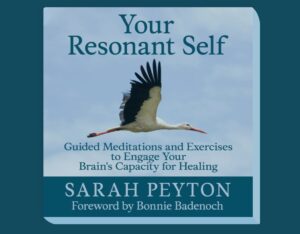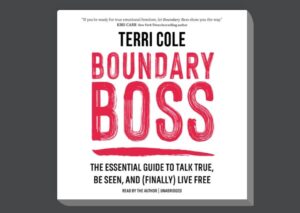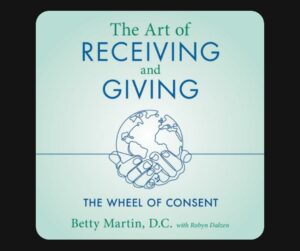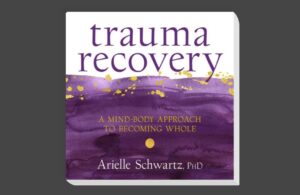To me, this means
- Client choice and preference comes first and will be accommodated whenever possible and ethical for me to do so
- Emotional and bodily needs, awareness, and comfort prioritized
- Sensory inputs optimized
- Supporting activists and marginalized people in recovery to the best of my ability when my usual rates are out of reach.
Attending to activation levels thresholds – going only where it feels useful and manageable to go.
As a Registered Massage Therapist, breath coaching and guided meditation fall within my scope of practice, and supercharge the body’s ability to release emotional and physical pain.
My Training and Approach
Trauma-Informed Certification program with Dr. Alyson Quinn
Certified Master Hypnotist trained by Georgina Cannon, Ron Alexander (Gestalt).
My professional response to polyvagal theory – neurological dysregulation can be assisted with a clear, sustained, customized messages broadcasting safety and acceptance.
My personal experience with Somatic Sex Education and The Healing Codes – in each case, sensory inputs were layered as per client preferences.
My biggest problem with a lot of strong content that is supposedly trauma-informed: the common suggestion that the act of forgiveness can contribute to recovery – this may be true for some people, but if this feels unappealing or very difficult, it could actually be counter productive to try to forgive people who’ve hurt us, especially if we have not forgiven ourselves.
I’m open to feedback and discussion as well as new resources about this topic. Here’s my list so far:
For Self Help
These books address the most tender phases of peak post trauma and anxiety by helping to become tuned in to our sensory experience and re-establish a sense of safety. If these approaches don’t resonate, you may be ready to start to expand your comfort zone or welcome challenge vs pure affirmation.
Your Resonant Self – Sarah Peyton
Befriending Your Nervous System – Deb Dana
8 Keys to Safe Trauma Recovery – Babette Rothschild
Trauma Recovery – Arielle Schwartz, PhD
Post Peak Trauma
This might be useful once basic functioning (eg eating/digestion, sleep) are stabilized.
Internal Family Systems Therapy by Richard C.Schwartz and Martha Sweezy
The Art of Receiving and Giving – The Wheel of Consent by Betty Martin, DC
Psycho Cybernetics by Maxwell Maltz
Trauma Recovery by Arielle Schwartz
Boundary Boss by Terri Cole
Non Violent Communication by Marshall Rosenberg
Other Books/Authors I’ve read on the topic
The Body Keeps The Score by Bessel Van der Kolk – this is the best known but also one of the longer options and full of examples of trauma, which some survivors may not wish to witness. I would choose any of the books below over this one.
Complex PTSD – from Surviving to Thriving by Pete Walker
The Tao of Fully Feeling: Harvesting Forgiveness Out of Blame (Book by Pete Walker) – evidence-based recovery approaches for trauma/abuse
Waking the Tiger – Peter A. Levine
TRAUMA-SENSITIVE MINDFULNESS: PRACTICES FOR SAFE HEALING (Book by David A. Treleaven) – health-changing insights for practitioners and survivors
When the Body Says No by Gabor Maté
The Myth of Normal by Gabor Maté





